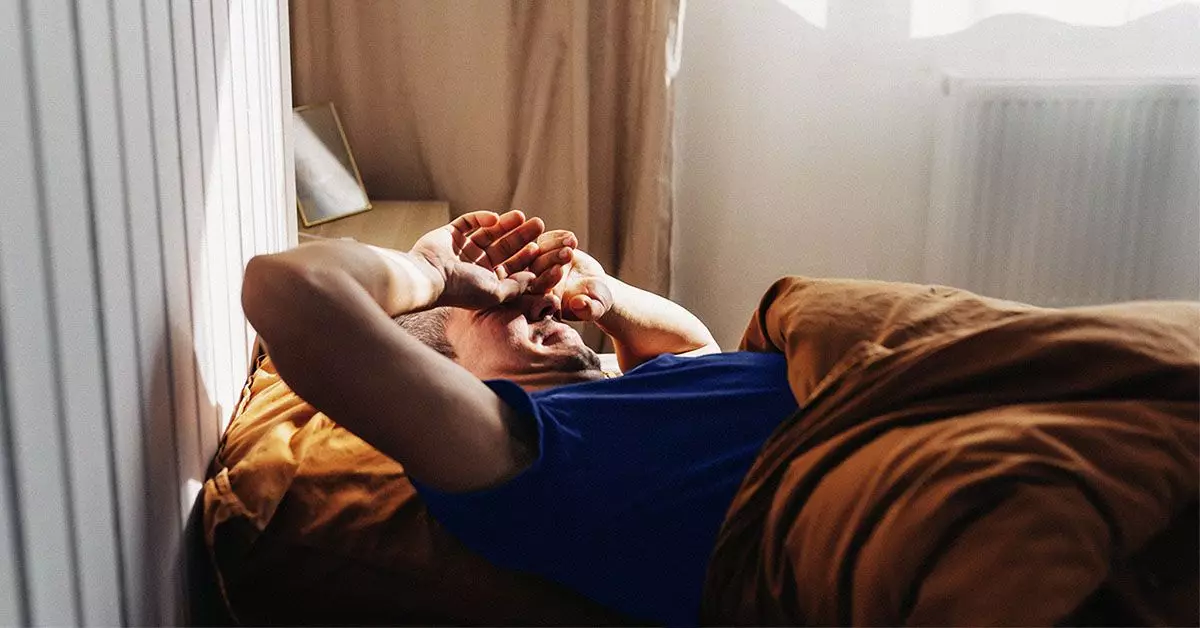Prostate cancer is a prevalent disease among males in the United States, and fatigue is a common symptom associated with its advanced stages. This fatigue can manifest in various ways, including reduced energy levels and mental health issues. In this article, we will delve deeper into the causes and effects of prostate cancer fatigue.
One of the primary causes of fatigue in prostate cancer patients is the treatment itself. Androgen deprivation therapy (ADT) is a common form of treatment that healthcare professionals use to combat prostate cancer. This therapy works by lowering the levels of androgen hormones in the body, thereby impeding the growth of cancer cells. However, this hormonal imbalance caused by ADT can also result in fatigue, affecting the overall well-being of the patient.
Effects of Radiation Therapy
Another treatment option for prostate cancer is radiation therapy, which involves targeting cancer cells with high-intensity radiation beams. While this treatment is effective in killing cancer cells, it can also lead to fatigue as a side effect. This fatigue may persist for weeks or even months after the completion of the treatment, further exacerbating the patient’s condition.
Apart from treatment, other factors can contribute to fatigue in individuals with prostate cancer. These include problems with sleeping, high levels of pain, emotional distress, and depression. Pain and discomfort resulting from cancer can lead to disrupted sleep patterns, ultimately contributing to fatigue. Similarly, emotional distress, anxiety, and depression associated with cancer can have a significant impact on a person’s overall energy levels.
Symptoms of Prostate Cancer Fatigue
Prostate cancer fatigue is characterized by extreme tiredness, lack of energy, mental fatigue, and emotional exhaustion. It can make daily tasks seem overwhelming and hinder a person’s ability to function normally. This fatigue may not improve with rest and can persist even after the completion of cancer treatment, impacting the patient’s quality of life.
Management Strategies
Studies have shown that exercise, cognitive behavioral therapy (CBT), and education can help reduce prostate cancer-related fatigue. Physical activities, such as walking and resistance training, can improve energy levels and overall well-being. CBT, a form of psychotherapy, can assist individuals in changing negative thinking patterns and behaviors, ultimately combating fatigue. Education and support can empower patients to cope with the challenges of cancer treatment and adopt healthy lifestyle practices.
Prostate cancer fatigue is a significant concern for individuals undergoing treatment for this disease. It can have a profound impact on a person’s physical and emotional well-being, affecting their quality of life. By understanding the causes and effects of prostate cancer fatigue and adopting appropriate management strategies, patients can improve their energy levels and overall health throughout their cancer journey.

